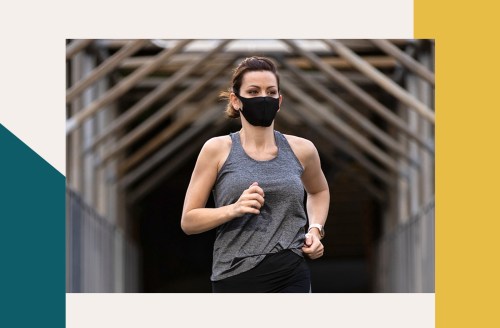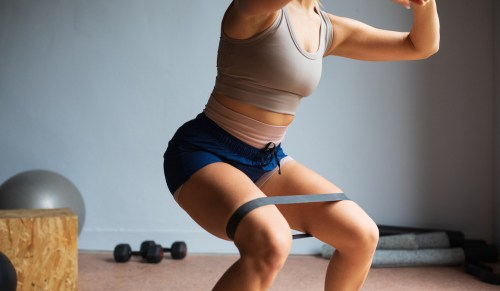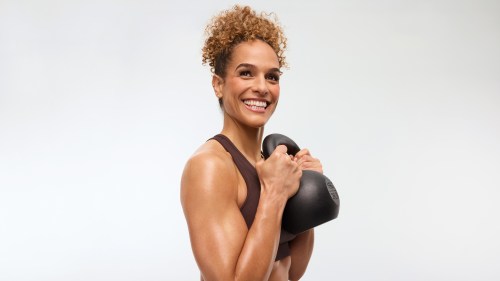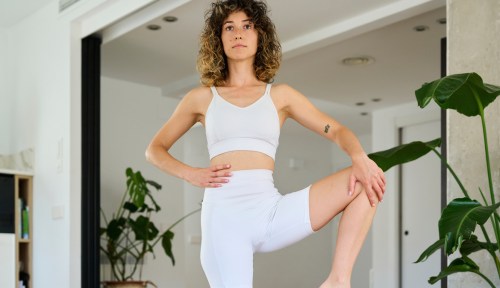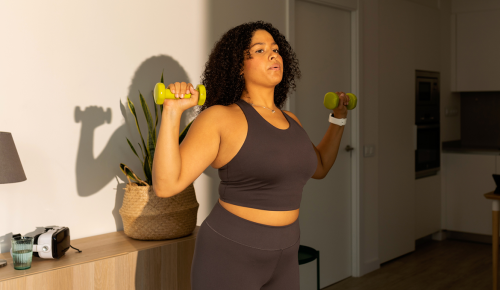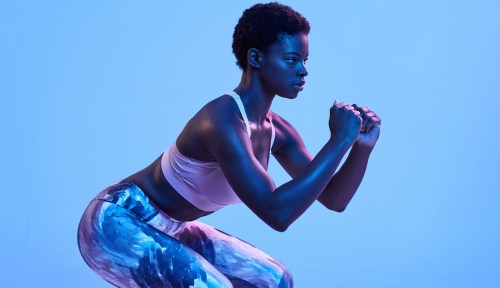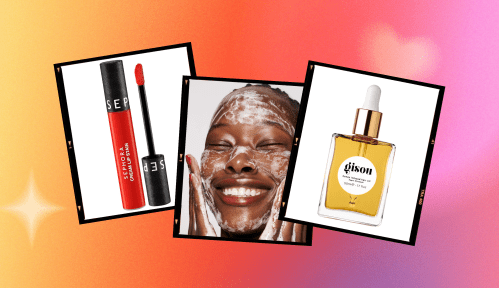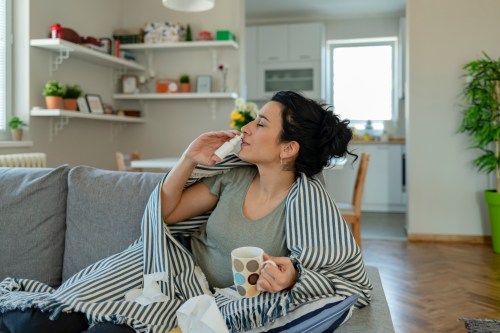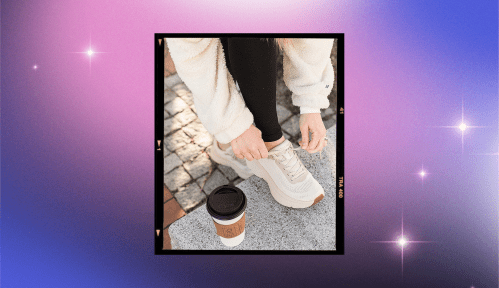When Brooks Running polled 1,200 runners before COVID-19, the results revealed a split in the community. While 47 percent of pavement-pounders proudly declared themselves “soul runners” (or those who lace up for the sport’s mental benefits), 48 percent reported that goal-setting for races served as their primary incentive for putting in the time and energy required to go the distance. Five months into quarantine, Carson Caprara, senior director of footwear and the run-sights lab at Brooks, says that—as races across the country have been postponed, canceled, or digitized—the tables have turned and a league of Soul Runners have taken the lead in a remarkable way.
Experts in This Article
Carson Caprara leads a team of footwear product managers and consumer researchers at Brooks Running to construct shoes that meet the needs of individual runners across a variety of experiences.
“Historically, we have observed those who are newer to running adopt a goal-seeker mindset, in which they construct aspirational goals to keep themselves invested and consistent,” says Caprara. “These goals are usually related to body motivation, health, and upping their performance.” This is no longer the case: Brooks’ latest look into running reveals that, now, soul runners account for 64 percent of the community (with goal seekers coming in at 28 percent).
To be sure, there’s nothing wrong with making a looming 5K or marathon the impetus of your run. Sometimes you only become aware of the mental health benefits of the sport after you had a physical goal to hold you accountable. Still, it comes as a COVID-19 silver-lining that more and more runners are seeing their time on the trail or roads as something that’s holistically beneficial. “Since most people have been confined to their homes, new stressors and challenges have been introduced to their lives. Many have added responsibilities like child care and homeschooling, which were not previously there. Others are dealing with the stress of being unemployed or furloughed,” says Caprara. You could argue, in fact, that we’ve never needed running more than we do now.
In a panel with Brooks Running in mid-July, clinical sports psychologist Sharon Chirban, PhD, who works one-on-one with everyday athletes, says the transition from goal seeker to soul runner hasn’t been seamless for everyone. It’s opened a conversation about all of the ways running supports you—both mentally and physically. “It’s very well-documented that running decreases symptoms of depression and improves learning abilities. It helps your memory, and I think again since so many of us are spending so long on screens, it’s like our brains get clogged at the end of the day and it’s just, like, a traffic jam,” says Dr. Chirban. “You get your shoes on, go out the door, and it’s as if you’ve kind of run away from the city and away from the traffic jam and things just sort of relax and slow down.” Also, in a time when many are experiencing pandemic-induced insomnia, people who squeeze in a daily run have reported logging more high-quality rest.
We may also owe the uptick in Soul Runners to the non-competitive vibe that naturally comes from an absence of competition, Black Girls RUN! CEO Jay Ell Alexander, pointed out in the same panel. “We’ve seen almost a 30 percent increase over the last four months in terms of our membership and of people joining our groups and getting engaged,” she says. This is even true of brand-new runners who have never experienced the nervous-excitement of seeing a race just beyond the horizon. “The Soul Runner mindset is usually a point of view that develops over time—one has to get through the break-in period in order to find enjoyment in running,” says Caprara. “However, we believe that this crisis will accelerate this initial phase due to the immense need to relieve stress, get outdoors, and reclaim some ‘me time.'”
Sign Up for Our Daily Newsletter
Get all the latest in wellness, trends, food, fitness, beauty, and more delivered right to your inbox.
Got it, you've been added to our email list.
